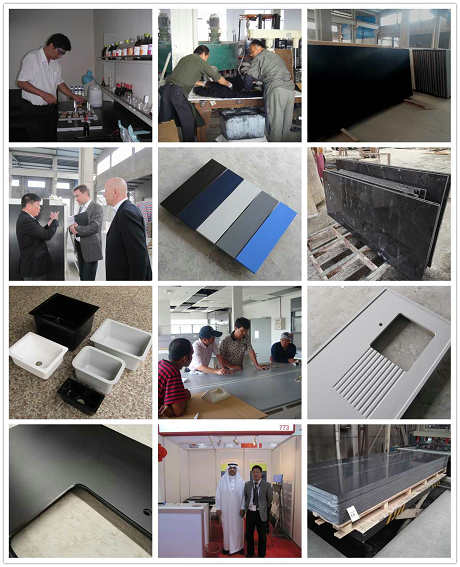lab furniture worktops
- The material chosen for lab furniture worktops matters a lot. It affects how safe the lab furniture is. It also affects how long the furniture lasts.
- In science labs and industrial labs, three materials are most common for worktops. They are epoxy, phenolic, and ceramic. Each has its own good points. These points fit different needs in labs.
- Chemical resistant HPL is important for schools. For example, universities use it. Their science labs often deal with many chemicals during hard experiments. Then, middle schools use it too. They teach students basic chemical steps. HPL can handle spills and cleaning. Also, primary schools use it. They use weaker substances. But HPL is strong. It can take daily use by young kids. To sum up, HPL works for all schools. It makes surfaces that last long and are safe. These surfaces help students learn by doing things themselves.
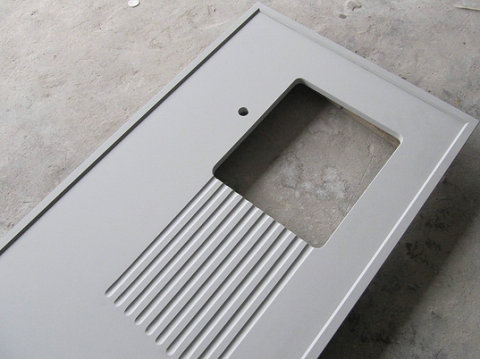
Epoxy resin
- Epoxy worktops are based on polymer resins and possess excellent chemical resistance, capable of withstanding long-term erosion from strong acids, alkalis, and organic solvents, making them an ideal choice for chemical laboratories.
- Their seamless joint design prevents liquid penetration, and they have strong impact resistance, so collisions during daily experimental operations are not easy to cause damage.
- In addition, epoxy worktops can resist high temperatures up to 180°C, suitable for small and medium-sized heating experiments.
- They also have good antibacterial properties, are easy to clean and maintain, and come in a variety of colors that can adapt to different laboratory styles, adding to the versatility of lab furniture worktops.
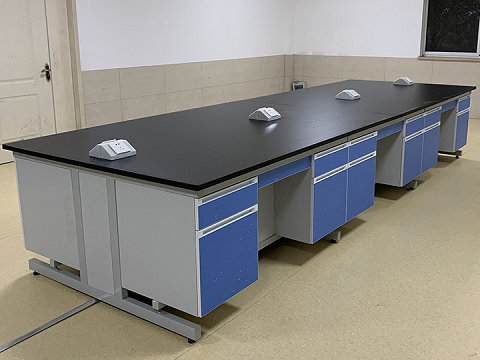
Phenolic resin
- Phenolic worktops are made by compounding phenolic resin with wood fibers, with relatively low cost and outstanding cost performance.
- They have a certain tolerance to general chemical reagents, suitable for basic education laboratories or light industry testing scenarios.
- However, their high-temperature resistance is relatively weak (about 120°C), and long-term contact with strongly corrosive substances may cause surface damage, so they are more suitable for low-intensity and low-risk experimental environments.
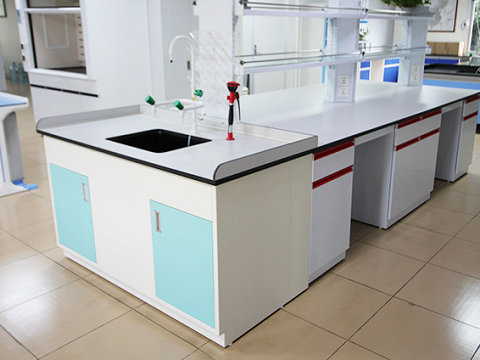
Ceramic
- Ceramic worktops are made of high-density ceramics and can be called a “hardcore choice” in extreme environments.
- They can resist high temperatures exceeding 1000°C, can directly contact open flames or high-temperature equipment, are immune to almost all chemical reagents, have extremely strong scratch resistance, and have a service life of decades.
- However, they are relatively brittle and may crack when subjected to severe impact, and they are heavy. When installing, they need to be matched with cabinets with strong load-bearing capacity, so they are more suitable for physics laboratories or metallurgical testing places with frequent high-temperature experiments.
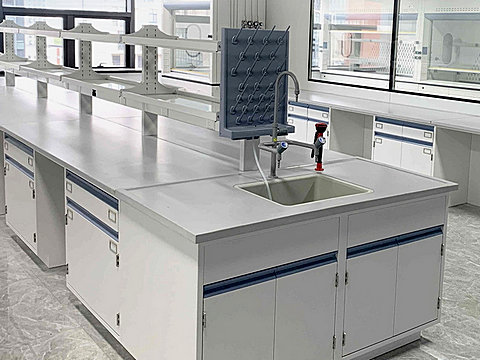
Conclusion
The differentiated properties of these three materials provide precise adaptation schemes for different experimental needs, and the optimal solution can be found from daily teaching to high-end scientific research.
About us
- We are a Chinese supplier specializing in corrosion-resistant solutions for lab countertops and providing high-quality laboratory worktops to global laboratory furniture clients.
- Our products are manufactured with professional formulation processes, offering excellent resistance to acid, alkali, impact, and high temperatures.
- Certified to international standards, they are reliably applied in professional laboratory scenarios such as biochemistry, chemical analysis, pharmaceutical R&D, university research, and food testing.
- Backed by a mature supply chain system and large-scale production capabilities, we ensure both product quality and competitive cost-effectiveness, gaining wide recognition in global markets.
- From customized size processing to fast delivery, we provide end-to-end service support to help create safe and durable laboratory working environments.
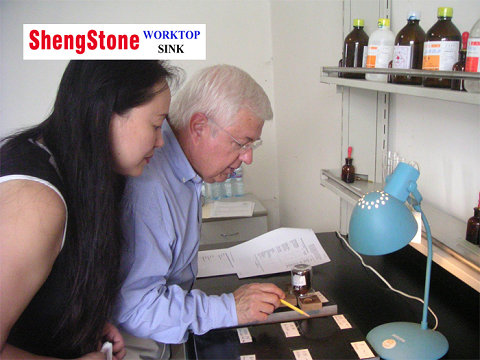
Phenolic resin sheets
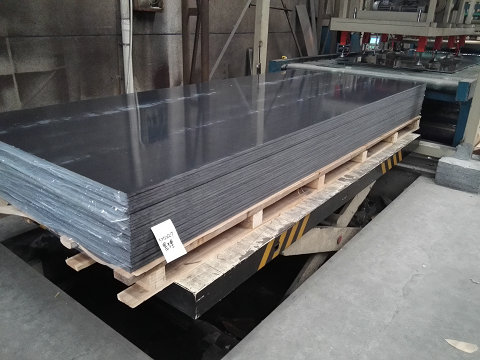
Lab epoxy slabs

Epoxy sinks
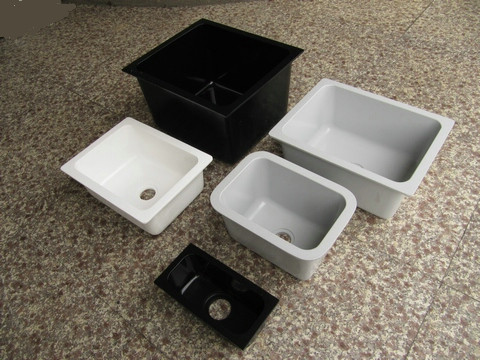
Marine edges

International cooperation
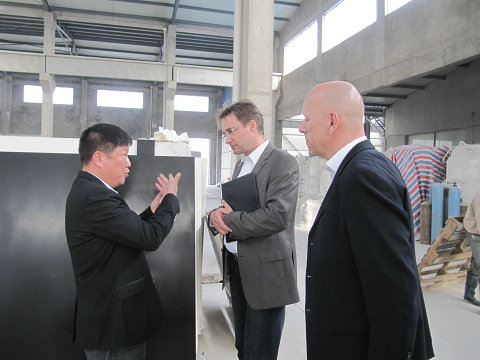
Strong chemical resistance
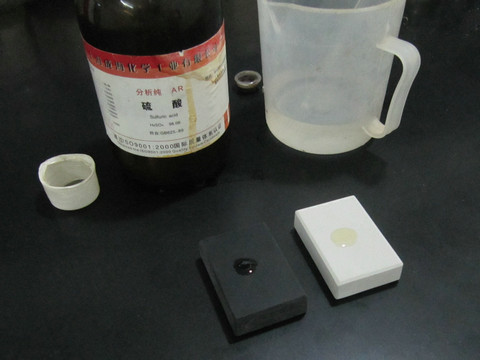
Countertops Heat resistance
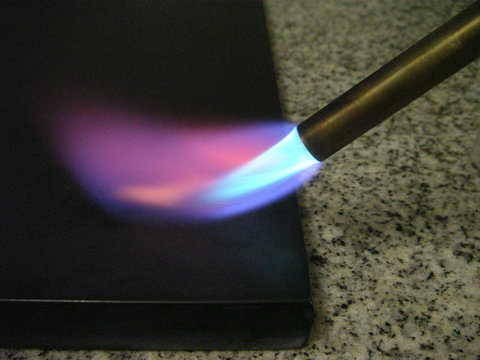
SGS Certificate

shipping
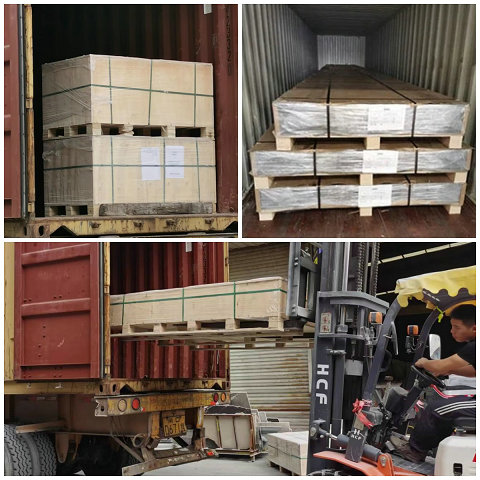
professional lab worktops supplier
